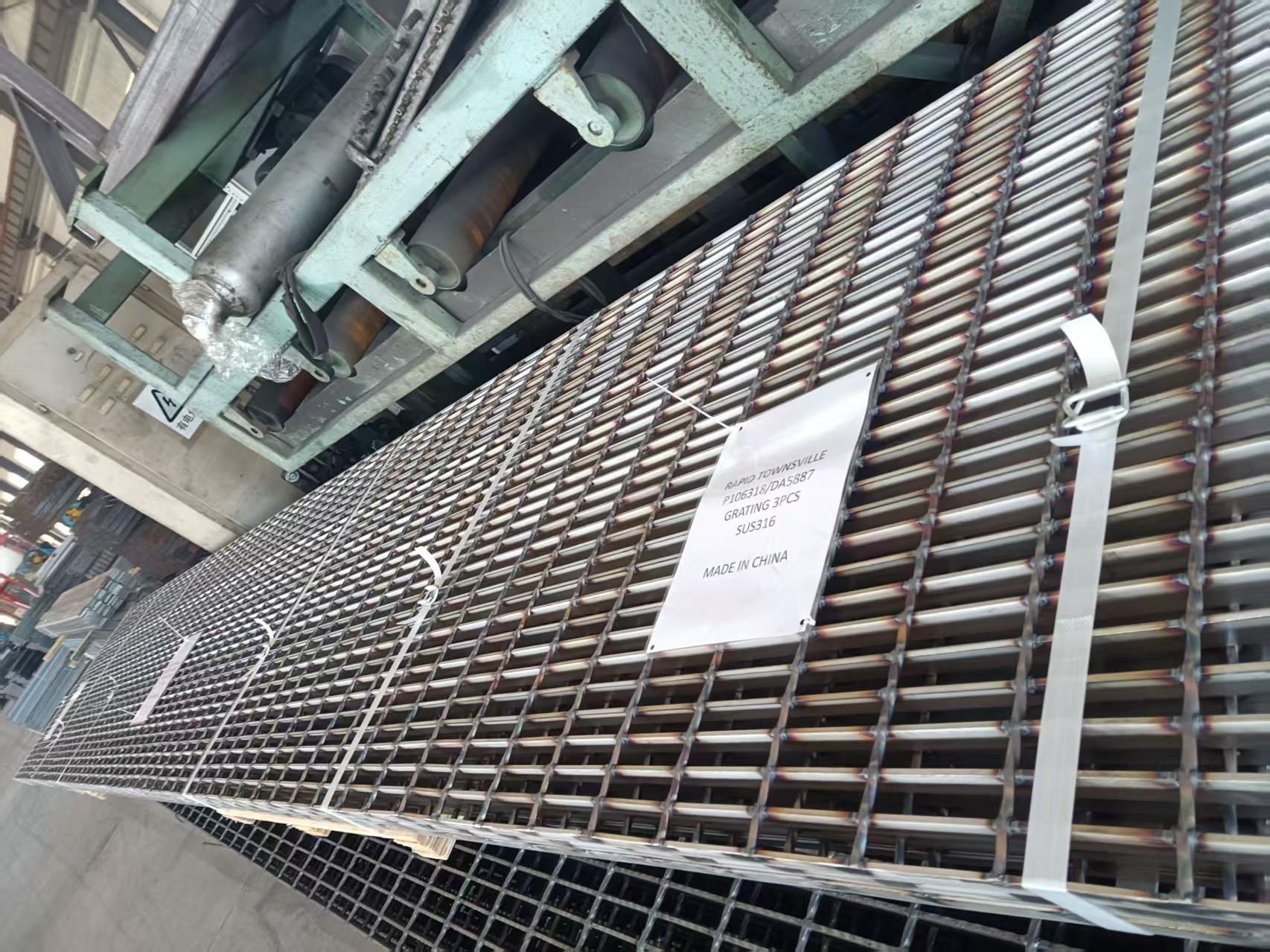In modern chemical plants, safety, durability, and corrosion resistance are essential requirements for every structural component. Chemical Plant Grating plays a crucial role in walkways, platforms, trench covers, maintenance areas, and operating floors, providing safe load-bearing surfaces in environments exposed to chemicals, moisture, and high mechanical stress. As industrial operations become more sophisticated, selecting the right grating material and design has become a key factor in ensuring long-term safety, efficiency, and compliance.
Why Chemical Plant Grating Is Essential for Industrial Operations
Chemical plants operate in highly demanding conditions where structural components must withstand corrosive chemicals, spills, heavy loads, and continuous use. High-quality grating ensures safe access for workers, provides ventilation and drainage, and prevents accidents caused by slippery or unstable surfaces. For plant designers, EPC contractors, and equipment suppliers, the choice of grating directly affects plant safety, maintenance costs, and operational reliability.
Types of Chemical Plant Grating
Steel Grating
-
Hot-dip galvanized for corrosion resistance
-
High load-bearing capacity
-
Ideal for platforms, stair treads, and heavy-duty areas
FRP (Fiberglass Reinforced Plastic) Grating
-
Excellent chemical and corrosion resistance
-
Lightweight and easy to install
-
Non-conductive and fire-retardant
Stainless Steel Grating
-
Suitable for highly corrosive environments
-
Long service life with minimal maintenance
-
Used in processing zones and hygiene-sensitive areas
Key Advantages of Using Chemical Plant Grating
Chemical Plant Grating provides multiple benefits that enhance the safety and functionality of industrial environments. It offers strong structural stability, superior corrosion resistance, and long service life even under exposure to acids, alkalis, solvents, and extreme weather. Its anti-slip surface reduces the risk of workplace accidents, while the open-grid structure allows effective drainage and ventilation. Together, these features support the continuous and safe operation of chemical processing facilities.
Applications of Chemical Plant Grating
Chemical plant grating is widely used in:
-
Operating platforms and elevated walkways
-
Pipe racks and maintenance corridors
-
Pump rooms, filtration areas, and chemical storage zones
-
Cooling towers, wastewater channels, and drainage trenches
-
Offshore chemical installations and refining units
Its adaptability makes it suitable for both new plant construction and refurbishment projects.
Summary
Chemical Plant Grating is a vital component in industrial environments where strength, durability, and corrosion resistance are non-negotiable. Whether steel, stainless steel, or FRP, the right grating solution helps chemical facilities operate safely and efficiently while reducing long-term maintenance costs. As industries continue to prioritize safety and compliance, investing in high-quality grating remains an essential step toward building reliable and future-ready chemical plants.
FAQ:
1. Which grating material is best for highly corrosive chemical environments?
FRP and stainless steel gratings offer the highest corrosion resistance.
2. Can Chemical Plant Grating be customized?
Yes. Size, thickness, load-bearing capacity, surface type, and coating can be tailored to project requirements.
3. Is steel grating suitable for chemical plants?
Yes, especially when hot-dip galvanized or coated for corrosion protection.
4. What factors should be considered when choosing grating?
Chemical exposure, load requirements, installation location, safety standards, and maintenance needs.
Post time: Nov-18-2025

